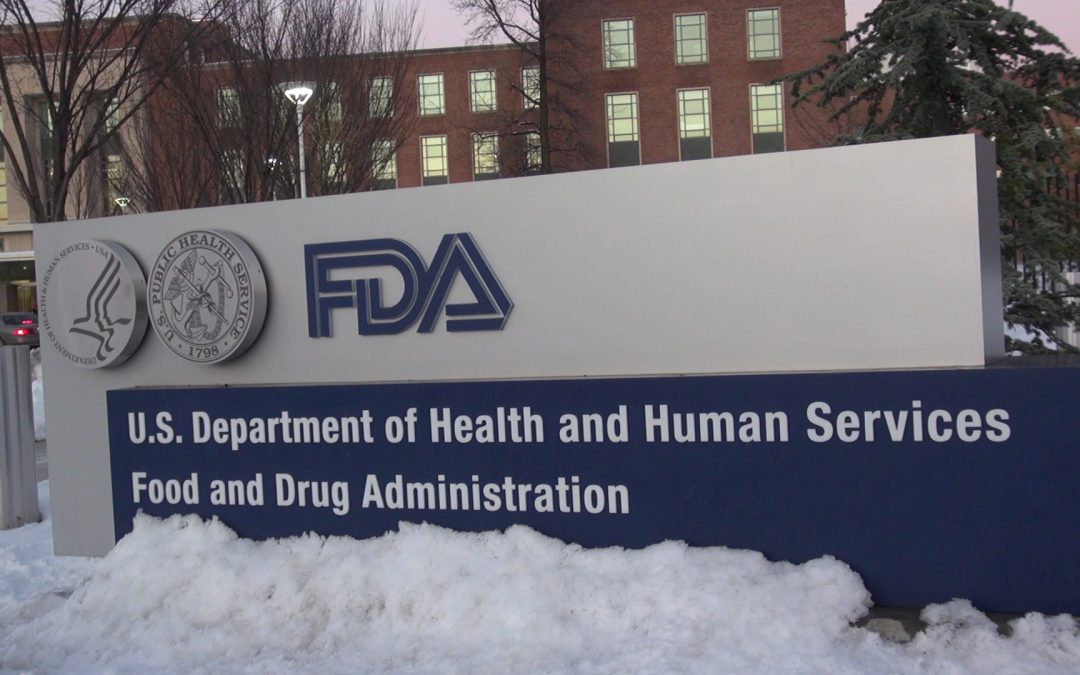Baldwin has not received a formal response from the FDA, a spokesperson from her office said.American Medical Association President Gerald E. Harmon, MD, said in a statement that “it is time for the Food and Drug Administration to do something the AMA and others have urged for years: remove its discriminatory ban that prevents many gay and bisexual men from becoming blood donors.”While allowing gay and bisexual men to donate blood without a time deferral would not solve the blood shortage crisis right away, LGBTQ+ advocates say it would, at a minimum, increase the amount of blood available.The FDA is sponsoring a study by the Red Cross, Vitalant, and OneBlood, three of the largest blood donation centers in America, to determine “if a donor questionnaire based on individual risk assessment would be as effective as time-based deferrals in reducing the risk of HIV,” an FDA spokesperson said.The study is taking place in eight communities around the country, including Washington, DC.
According to Christian Morris, a recruiter at Washington’s Whitman-Walker Health Center,health centers and recruiters are struggling to gather enough people to take part in the study because there are fewer public events at which they can recruit as well as fewer people out in public generally.Morris said the study was supposed to be completed by summer, but those involved “have only enrolled about half as many people as the total target goal across the United States.”The FDA does not have a specific date by which the study will be completed, the spokesperson said.“The FDA has sought public input to collect insights on how we might move to and test alternative deferral strategies, such as individual risk assessment,” the spokesperson said.
Advancements in science have driven changes to the FDA policy, but Morris acknowledged that the fears that drove the FDA to put the lifetime ban in place in 1985 could still exist.
“The study is trying to develop a screening tool that could be mandated across all folks who want to donate blood, that gets towards more specific risk factors for the transmission of HIV and that could be applied to everyone, so it’ll help keep the blood supply safe without being discriminatory,” said Morris.


